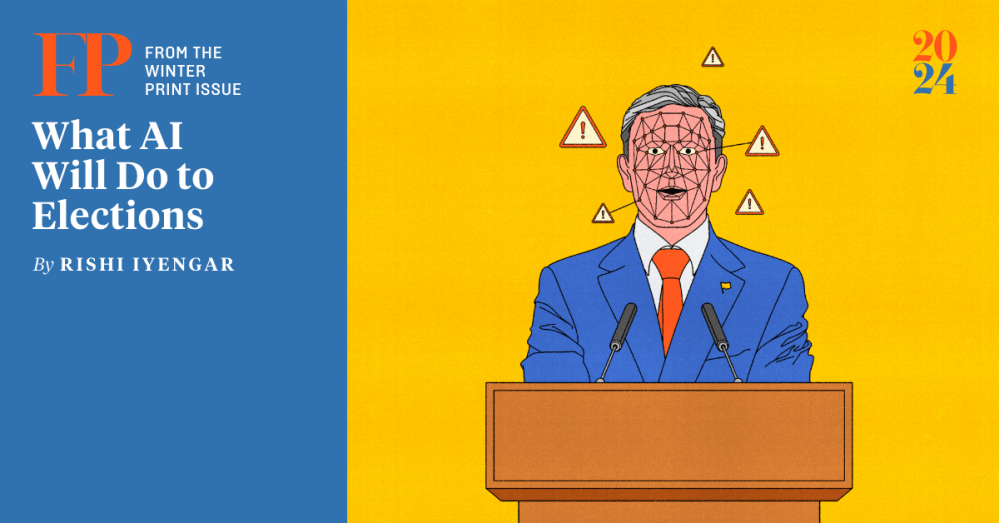Leading up to the recent 2019 national election in India, Twitter’s internal teams were confronted with a false rumor circulating on the platform. The rumor claimed that the indelible ink used to mark voters’ fingernails during elections contained pig blood. This misinformation was specifically designed to disenfranchise Muslims and dissuade them from participating in the electoral process. Yoel Roth, the former head of site integrity at Twitter, highlighted the detrimental impact of such false narratives. In response, Twitter revised its policies to curb the dissemination of such disinformation, resulting in the removal of posts and penalties for users promoting such content.
However, Roth has expressed apprehensions about the current scenario, especially following Twitter’s rebranding as platform X after Elon Musk’s acquisition in 2022. This rebranding, coupled with significant layoffs and alterations in content moderation policies, has led to a surge in disinformation and hate speech on the platform. As the 2024 elections approach, the readiness of social media platforms, including X, Meta (the parent company of Facebook, Instagram, and WhatsApp), and YouTube, to combat harmful content has been called into question due to substantial reductions in trust and safety teams.
The decrease in content moderators has raised concerns as over 50 countries, including key democracies like India, Indonesia, Russia, and the United States, prepare for national elections in 2024. The emotionally charged nature of elections makes them particularly vulnerable to misinformation, amplifying the impact of false narratives on social media platforms. Katie Harbath, a prominent figure in election integrity initiatives, underscores the intricate and uncertain nature of the challenges posed by misinformation in the post-2024 landscape.
Despite assurances from platforms like YouTube, TikTok, and Meta regarding their dedication to election integrity, doubts persist regarding their ability to effectively tackle misinformation. The rise of AI tools, such as chatbots and generative AI models, presents new obstacles in combating online disinformation. These tools have the capacity to generate highly realistic fake content, thereby exacerbating the spread of misinformation and deepfakes on social media platforms.
With the looming threat of AI-generated misinformation, efforts are underway by governments and organizations to establish regulatory frameworks for AI technology. However, the rapid progress of AI capabilities and the potential misuse of these tools underscore the necessity for robust safeguards and collaborative actions to mitigate the risks associated with online disinformation.
In the face of evolving challenges to election integrity, the roles of AI, social media platforms, and global collaboration in combating misinformation become increasingly pivotal. The convergence of technology, democracy, and information warfare highlights the urgency of taking proactive measures to protect the integrity of electoral processes worldwide.






